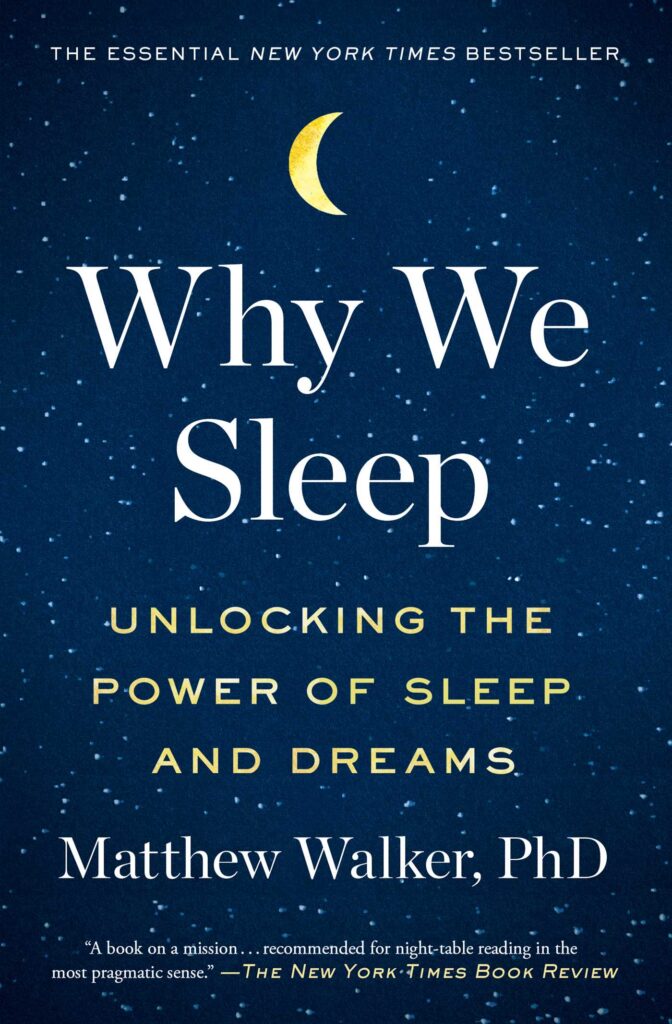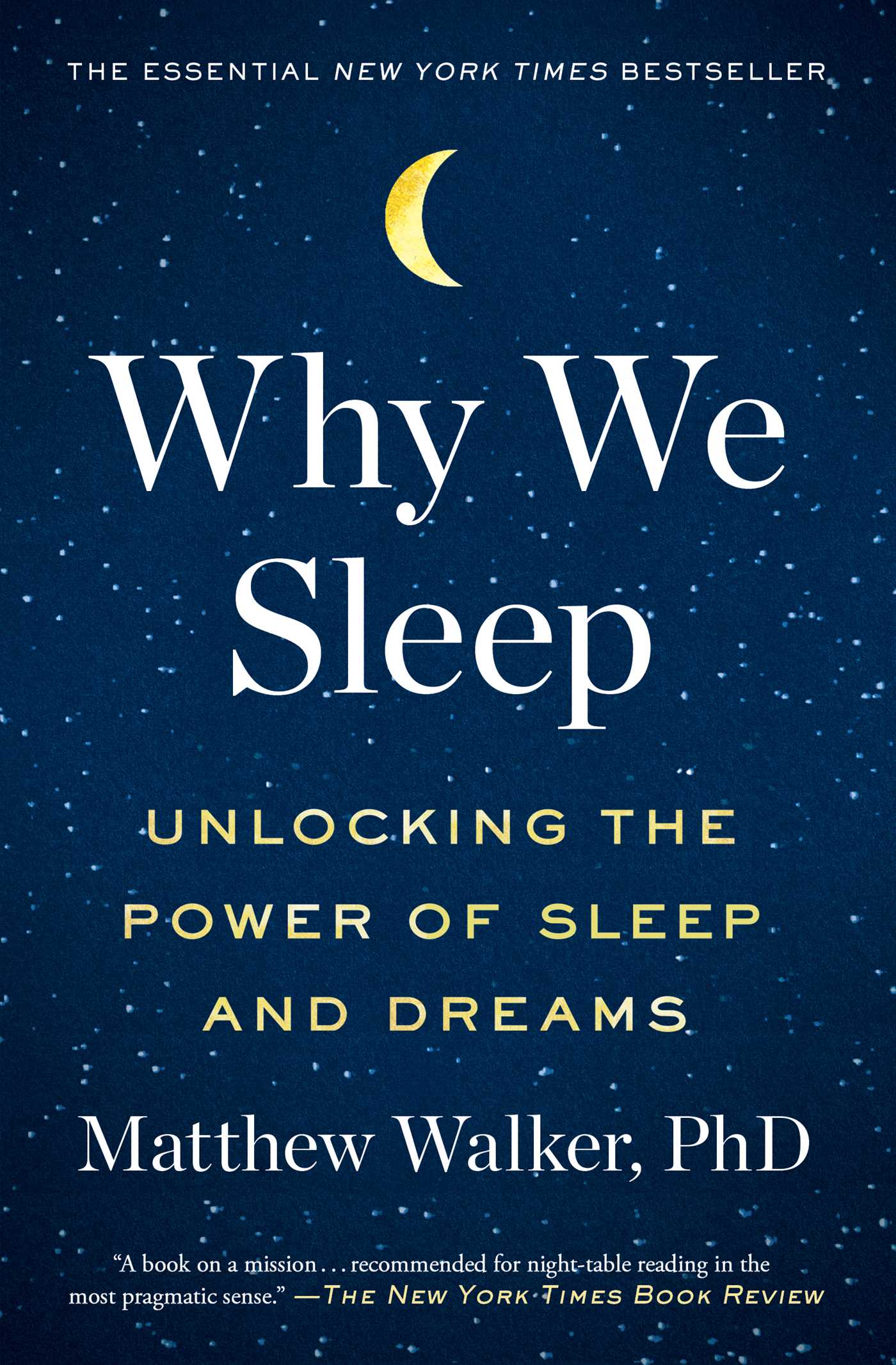Why We Sleep: Unlocking the Power of Sleep and Dreams| Book by Matthew Walker

Matthew Walker is a neuroscientist, known for his research at the University of California, Berkeley. His book “Why We Sleep” has gained acclaim for highlighting the crucial role of sleep in human health.
The great equalizer ?
Review by: Joel Lovely
Who should read this book ?
I was appalled at the sleep I was getting on the weekends since I work night shift. I worried about my health frequently. I decided to dedicate 2 hours of my commute to and from UIC to listen to ‘Why We Sleep‘ to discover the possible implications I might be facing. I’ve learned a lot about sleep and further expanded how I view it as a part of daily life. Readers passionate about a healthy lifestyle should read this book.
Before:
I had somewhat an understanding about the benefits and implications of sleep, but as my sleep schedule looked more and more irregular, with myself working on Udemy courses until 5 am, I started questioning, ‘Is this healthy?’ This sparked my interest for discovery. Like the curious human being I am, I decided to take 2 hours out of my commute to gain insight into sleep, and I was amazed!
after:
Chapter 1 -2 (Part 1) : Delves into the fundamental concepts of the circadian rhythm. It explores in-depth the intricate notions of sleep pressure, unraveling the technical conundrums associated with sleep stages like NREM and REM.
Chapters 3 – 4:(part 1) Focus on the risks associated with jet lag and the impacts of post-industrialization on sleep, such as the influence of blue light. These chapters skillfully blend entertaining narratives with insightful studies, making the topics more engaging.
Chapter 5 (Part 2): Delves into critcal-questions, It explores inquiries that even the military invests millions of dollars in, such as why animals sleep and why there are variations in sleep duration among different species. The chapter delves into intriguing questions, examining correlations between brain size, time spent sleeping, and more.
Chapters 6 to 9 (Part 2): highlighting areas of inadequate sleep, exposing that over 50 percent of the population receives less than the recommended 7 hours. These chapters delve into the consequences of chronic sleep deprivation, highlighting its correlation with increased susceptibility to diseases and a decline in cognitive function, to someone under the influence of alcohol while driving!
Chapters 10 to 14 (part 3): my personal favorite chapters (10 to 14), Walker talks about aTokyo research study, uncovering that specific objects dreamed about can be predicted by the distinct brain region they activate. Remarkably, researchers achieved moderate accuracy in predicting a dreamer’s thoughts based on brain activity. This fascinating discovery paves the way for the exploration of lucid dreaming, a concept the author proposes as the potential next phase of human evolution for Homo sapiens.
Chapter 15 – 20: (part 4): exploring three sleep disorders, emphasizing the critical role of sleep in behavioral functioning and highlighting the potentially deadly consequences of its absence. One particularly impactful story involves Kenneth Parks, who developed a rare gene activation in his late 40s. This led to insomnia, frequent sleepwalking, and ultimately, a tragic incident resulting in the death of his mother-in-law. The case is presented as controversial, shedding light on the complex intersections of sleep disorders and legal matters.
This book has truly enlightened me, providing a profound understanding of the immense value and impact that sleep can have on one’s well-being.
Conclusion:
Do I even have to say anything here ?
